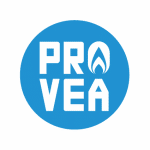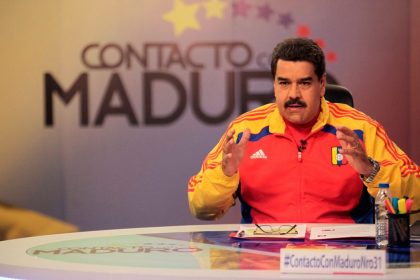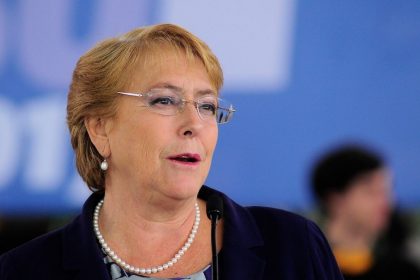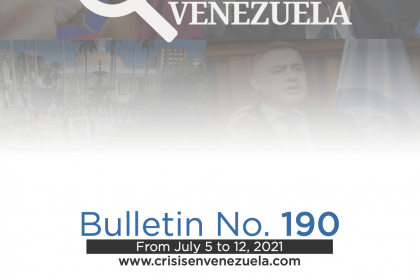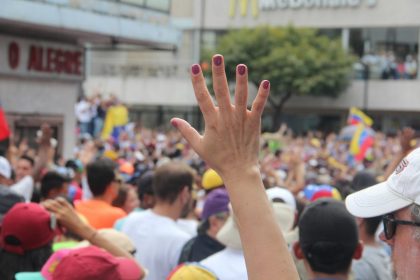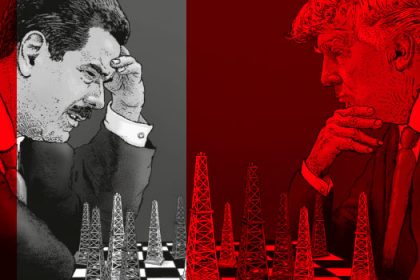Caracas, April 30, 2025.- The Venezuelan Program for Education-Action in Human Rights (PROVEA) presented this Wednesday the 36th edition of its Annual Report on the Human Rights Situation in Venezuela corresponding to the period January – December 2024, which records the main advances, setbacks, obstacles and threats to the realization of 14 human rights in the country.
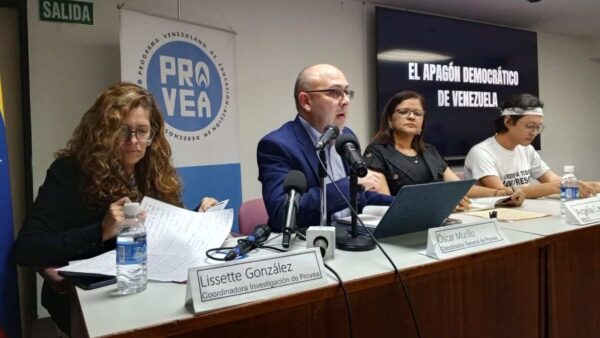
Venezuela: A people determined to live with dignity and live in truth
Venezuelans invested their efforts and democratic convictions in an electoral process that, as we stated last July, should pave the way for overcoming the crisis, restoring institutionality, and reviving the rule of law.
From the outset, the Maduro government undermined the path to the July 28 elections. The disregard for the Barbados Accords, the ratification of the unconstitutional disqualification of the winning candidate in the 2023 opposition primaries, María Corina Machado, the absence of electoral guarantees, and the refusal to accept the registration of opposition candidate Corina Yoris, Machado’s replacement, with the National Electoral Council (CNE), occurred amid an unprecedented surge in repression and political persecution fueled by the relaunch of the “Bolivarian Fury” plan in January 2024.
Despite the escalating repression, the electoral process was fiercely defended by the people and reclaimed on July 28. Millions mobilized during the elections to exercise and uphold the right to vote as an instrument of peaceful and democratic change. But after the CNE’s hasty and opaque announcements declaring Nicolás Maduro the winner, it became clear that the popular will had been seized, and then crushed through the repression of the massive nationwide protests demanding transparency and electoral truth.
Maduro’s decision to cling to power, without validating the election results according to national legislation, marked the culmination of the deliberate demolition of the democratic design and practice of popular sovereignty.
An Opaque Economic Model That Violates Human Rights
The increasing closure of democratic spaces, including popular expression expressed through voting, greatly impacts the fulfillment of other rights closely linked to human development and social justice. Various indicators show that the social situation remains critical. According to the most recent Household Survey by the HUM Venezuela platform, in 2024, approximately 86.9% of the population lived in poverty and 70.6% in extreme poverty. Significant barriers to economic access to food remain:
the households’ low purchasing power is caused by the stagnation of the minimum wage, in a context in which Venezuela is among the ten countries with the highest food inflation in the world, according to the World Bank.
Regarding labor rights, the government has eroded important workers’ achievements: social benefits, wages, savings accounts, and collective bargaining agreements. These violations also affect retirees and pensioners, whose incomes are also attached to the value of a starvation minimum wage. There is still no meaningful process of social dialogue to ensure that labor and social security policies are based on what the working population demands.
Provea documented an increase in political persecution of workers in Venezuela, with cases of harassment, dismissals, and arrests in the context of the July 28 elections. The reprisals affected public institution employees, with a possible total of 395 affected workers, who were fired for expressing oppositional opinions or rejecting the election results. Many faced intimidation, forced resignations, and arbitrary detentions, under unfounded accusations of terrorism.
Regarding the right to health, the outlook in 2024 continued to show the serious structural collapse of the public health system, which remains more than 80% unable to provide services to the majority of the population, mainly due to the withdrawal of three-quarters of trained medical and nursing personnel; a pronounced shortage of basic supplies and materials; and a health infrastructure that lacks the conditions necessary to provide free, sufficient, and adequate care, primarily due to a lack of water and electricity.
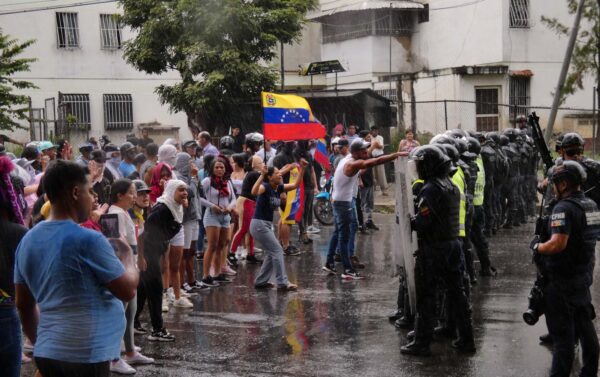
Escalating Abuses
On January 23, 2024, the “Bolivarian Fury” plan was relaunched. Through this plan, the Executive Branch and the other public powers co-opted by it made clear the repressive pattern aimed at stifling criticism, worsening the situation of democratic erosion, and human rights violations. Political persecution against all citizens intensified with the widespread use of anti-terrorism legislation and the Constitutional Law Against Hate, for Peaceful Coexistence, and Tolerance, to prosecute and charge hundreds of detainees.
The open acceptance of practices of state terror by authorities at all levels of government, through the institutionalization of forced disappearances, constant threats from official spokespersons through social media and the national public media system, and massive police and military sieges in poor communities, affected the daily routines of a large portion of the population, a situation made evident by the slow recovery of employment and commercial dynamics in the country’s main cities.
Between January and December, Provea recorded 209 complaints of violations of the right to personal integrity, with the same number of cases affecting 2,808 victims.
2,224 people were victims of cruel, inhuman, and degrading treatment or punishment during 2024, representing an 88.1% increase compared to the figure recorded in 2023, and at least 60 people reported being victims of torture. The number of people injured rose considerably compared to the previous three years.
Provea recorded 2,635 violations of the right to personal liberty, representing an increase of 1,347.8% compared to the previous year, and enforced disappearances increased by 671.42% compared to 2023. A widespread pattern is observed involving arbitrary detentions, enforced disappearances, and violations of the right of access to justice and due process, including preventing defense with trusted lawyers.
Institutional police and military violence continued in 2024, resulting in 522 deaths in various circumstances. The deliberate, excessive use of lethality results in serious violations of the right to life that could constitute crimes against humanity. In the last five years, police and military personnel have killed 6,414 people. In almost all of these cases, national authorities have justified the killings by arguing that they occurred during confrontations.
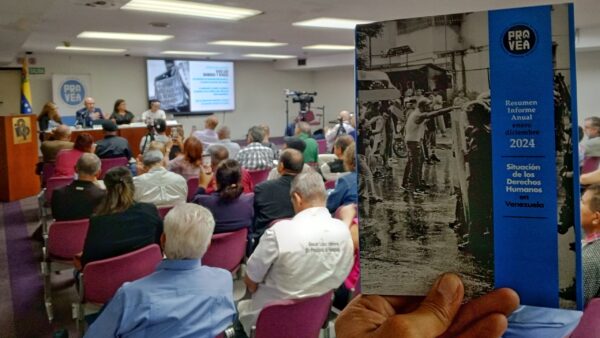
Perspectives for 2025
This year poses major challenges for Venezuelan civil society due to the rise in repression, the closure of civic space, and the complex humanitarian emergency that continues to undermine the guarantee of the population’s social rights. The current scenario and the foreseeable worsening of the economic and political crisis could fuel new cycles of conflict that, if responded to through authoritarianism, will generate new human rights violations.
Therefore, having an empowered human rights movement capable of responding to the current difficult circumstances is a task of the highest order. For those who, from different spheres, preserve plural spaces and promote the reconstruction of the social fabric, ignoring human rights violations or accepting impunity should not be an option.
Institutions are called upon to strengthen justice and vindicate the truth. Only in this way can we achieve coexistence among all sectors, based on the rule of law, social protection, and the guarantee of human dignity.
A country that suffers from unjust institutions that turn their backs on the people faces a vicious cycle that perpetuates its citizens’ suffering. Restoring justice and truth requires a joint effort from civil society and greater citizen pressure to demand that institutions fulfill their constitutional mandate. Social mobilization and education are essential to breaking this cycle and building a shared national horizon.
Despite the complexity of this moment, it is opportune to reiterate the call to continue together and alongside a people determined to live with dignity and living in truth. The entrenchment of the ruling coalition only benefits privileged groups and sectors. Discussion on major issues of general interest, such as education, healthcare, and the economic advancement of the most vulnerable families, has been suspended. Only in a democracy can we restore people’s social rights.
Provea Press
